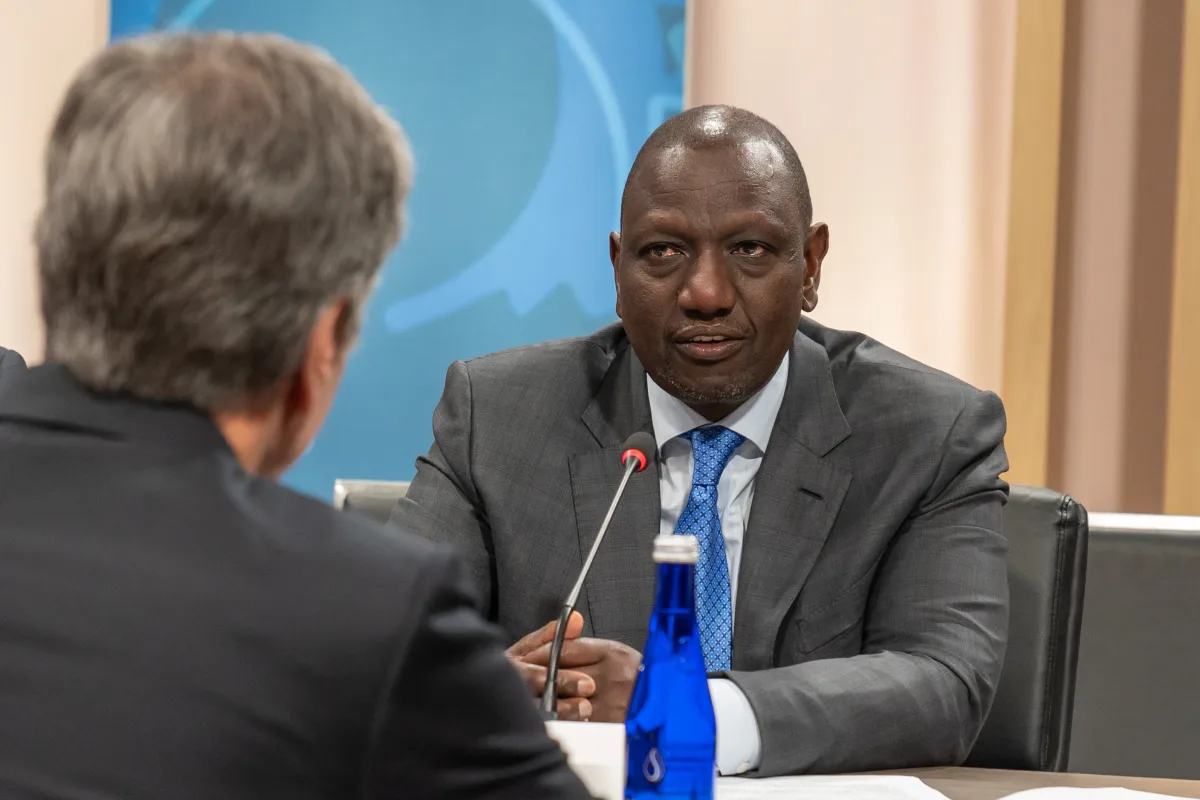Will Kenya’s renewed privatisation push succeed?
President William Ruto has announced that 35 state-owned enterprises are slated for privatisation, thrilling stock market executives but dismaying opponents.

A recent change in the privatisation laws of Kenya has empowered the National Treasury to sell state owned enterprises without seeking approval from Parliament. The government argues that the amended law, enacted in October 2023, will eliminate bureaucratic hurdles and expedite the privatisation process. Shortly after assenting to the legislation, President William Ruto announced that 35 state-owned enterprises were slated for privatisation. Among them are the Kenya Pipeline Company and the Kenyatta International Conference Centre (KICC).
If successful, this will mark a departure from the previous administration of Uhuru Kenyatta, which did not privatise any public companies. The last successful privatisation in Kenya was that of Safaricom in 2008, during the tenure of President Mwai Kibaki, who oversaw the sale of shares in several state-controlled firms such as Mumias Sugar, Kenya Reinsurance and Kengen.
Is the timing right?
Proponents of privatisation in Kenya argue that it will improve the government’s fiscal situation by generating income from the sale of assets amid mounting debt obligations that have compelled the government to increase taxes and cut back on non-essential spending. Kenya’s national debt increased from $35.39bn in 2018, to $55.08bn in 2021, and $71.48bn in 2023, according to data compiled from official sources by Statista. The global research firm projects that Kenya’s national debt will continuously increase between 2023 and 2028 by a total of $36.7bn.
Source : https://african.business/2024/01/finance-services/will-kenyas-renewed-privatisation-push-succeed


